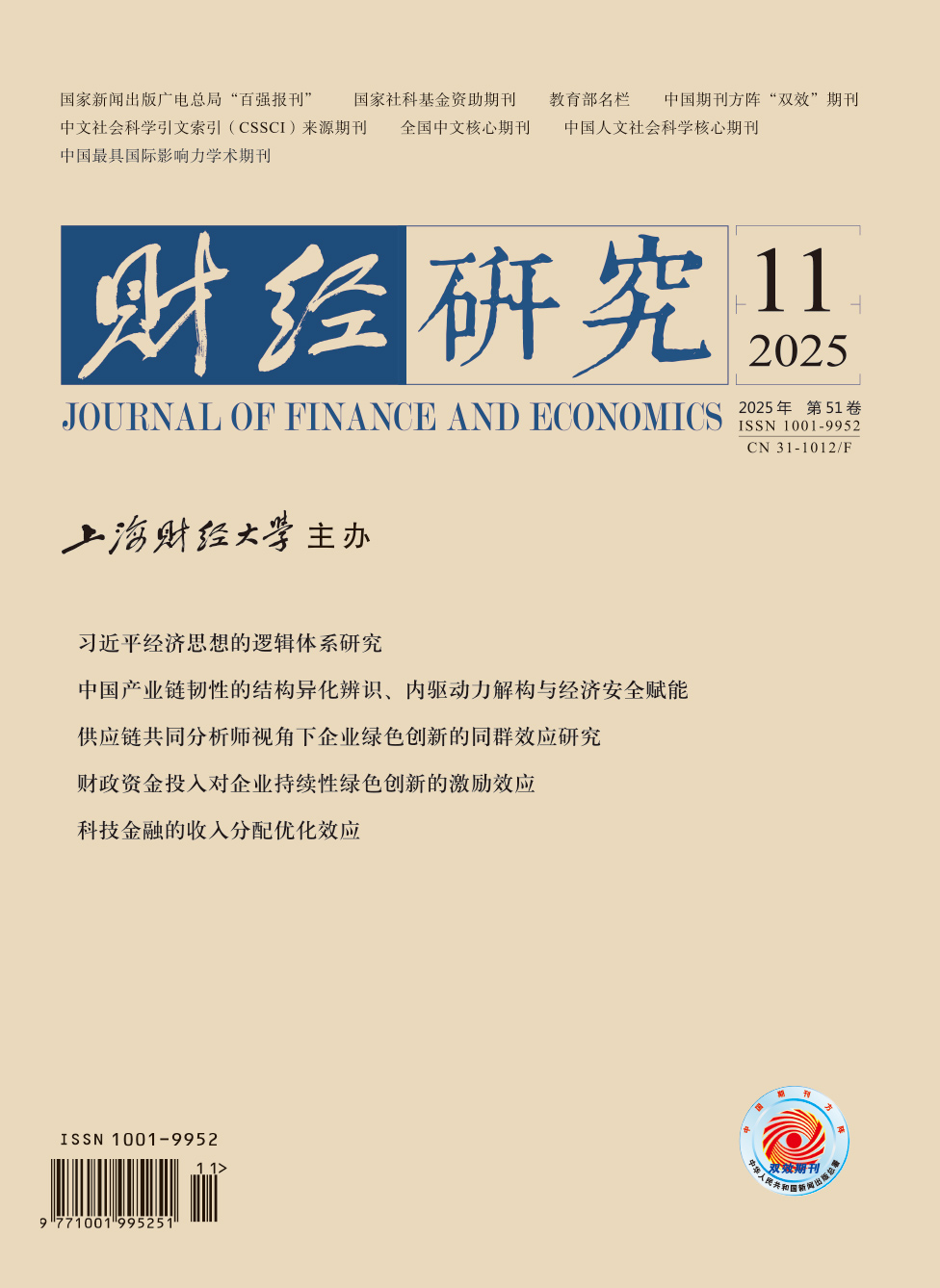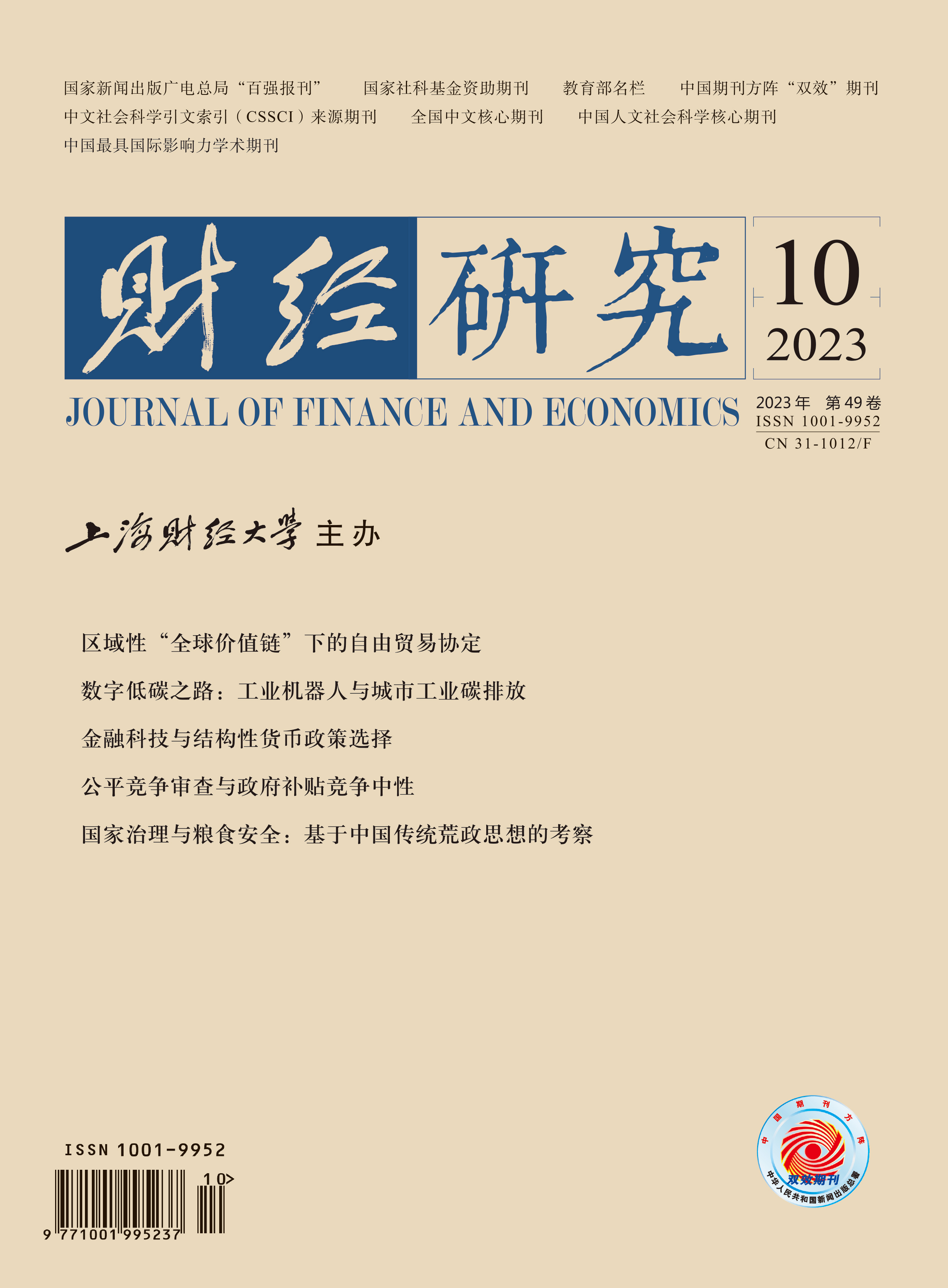Food security is an important issue in state governance. Mainstream social science literature has extensively explored issues such as pre-event food production and preparation, and post-event impact assessment or policy reflection. But less attention has been paid to coping strategies during the event. Therefore, from the perspective of ideological history, there is still a lack of a comprehensive theoretical framework for understanding and analyzing Chinese traditional thoughts of famine policy, which is characterized by the consideration of “before, during, and after the event” and has a very rich system of coping strategies.
Using Sen’s famine theory of entitlement and deprivation and Tang Shiping’s theory of state capacity, this paper tries to analyze the purpose and guarantee of the traditional thoughts of famine policy. These Chinese traditional thoughts attempt to protect the residents’ entitlement to obtain food by means of cross-cycle regulation of food resources in the time dimension, cross-regional regulation of food resources in the space dimension, grain production support such as seed lending and cattle borrowing in the direct entitlement dimension, and grain circulation support such as tax reduction and exemption in the exchange entitlement dimension. Famine policy should be supported by the coercive capacity to maintain the order of the disaster area, the extractive capacity to raise the resources needed for famine relief, the delivery capacity to grant the relief resources, and the information decision-making capacity to improve the quality of governance. The traditional thoughts of famine policy have some understanding of these aforementioned relationships.
The traditional thoughts of famine policy have the theoretical value of passing on the tradition of Chinese economic thoughts and enriching ideological resources for the modernization and sinicization of Marxism, providing inspiration for the improvement of the state governance system and food security, and serving as a contrast of the concept of famine governance, the coping strategy system, and the reference of governance technology to other countries.
This paper mainly attempts to innovate in the following three aspects: First, it provides a new perspective to understand the history of the traditional thoughts of famine policy. Second, based on this perspective, a new framework is constructed to analyze how the traditional thoughts of famine policy maintain food security and on which state capability they rely. Third, based on this framework, it enriches theories on food entitlement, state capacity on disaster relief, and discussions on coping strategies, providing important supplements to food security research that emphasizes pre-event food production, and disaster economics that emphasizes post-event impact assessment or policy reflection.





 5732
5732  5809
5809

